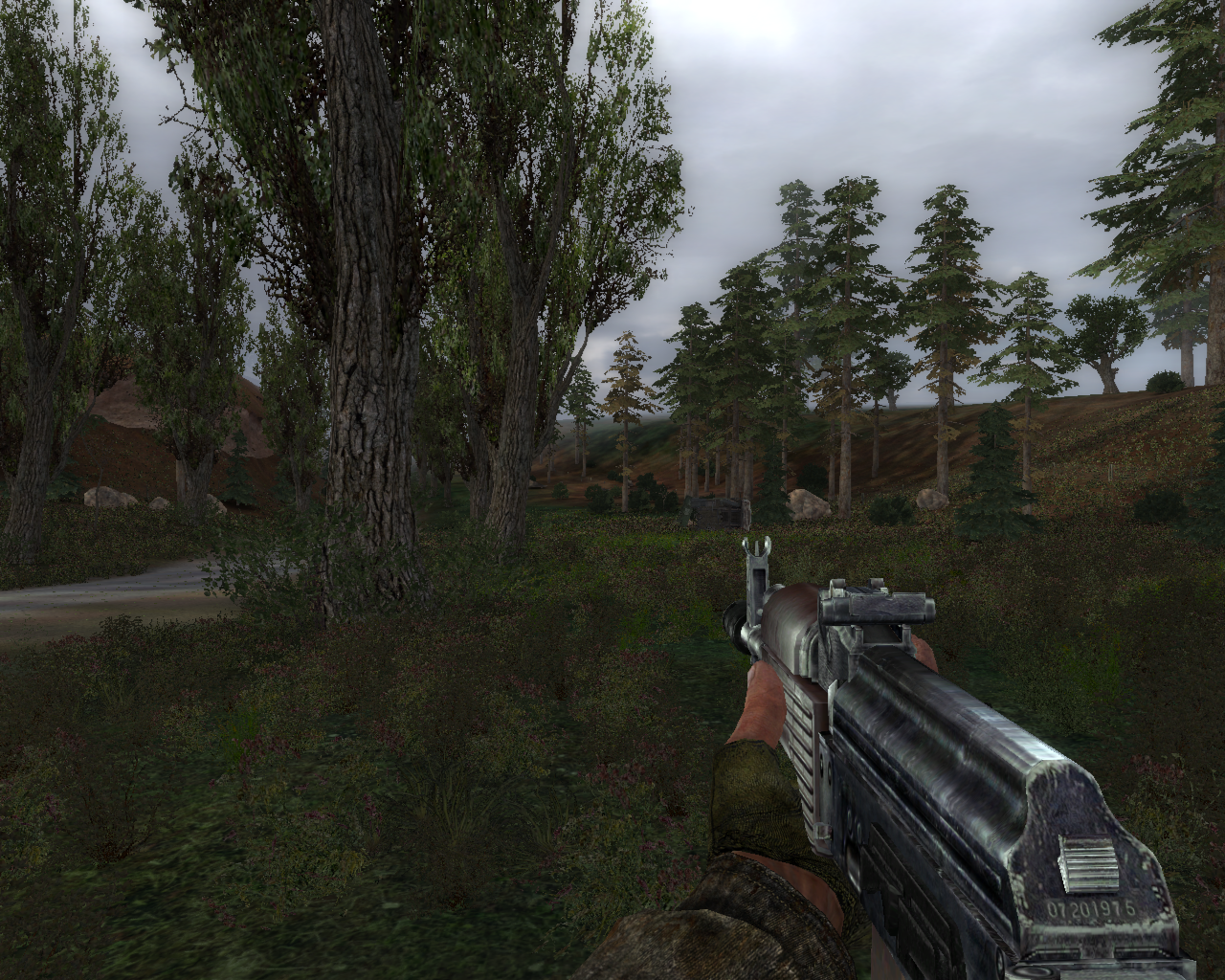

It was not the most subtle or elegantly designed of games, but its accomplishments were nevertheless numerous and awesome. That's not to say the original game, Shadow of Chernobyl, was in any way perfect. If you are one of those people who has not played any Stalker at all, then Clear Sky is something you can miss entirely. Clear Sky's lack of original content, peculiar atmosphere-breaking decisions, and badly-implemented faction warfare, meant that it was a step back from the first title. I am inclined to hope that GSC's third excursion to the fictionalised exclusion zone will, at least in some way, match the accomplishments of the original. Call of Pripyat is the sequel to the events of the first game, while the Clear Sky - the flawed second game - acted as a prequel. With Call of Pripyat, the third Stalker game, set for release later this year, the hour is ripe for both looking back on Shadow of Chernobyl, and for playing it. Hopefully, however, we'll also have a third species of reader: the one who has yet to give it a try. They'll probably be nodding along at the most salient points. For those who know the game, accept its foibles, and still find something worth spending time with, this will be a story they understand rather well. They've tasted this peculiar Ukrainian experience, and they won't be going back. This article, I suspect, isn't going to be for that second group of people. For every person I know who would enthuse and OMG about the atmospheric shooter, there would be another for whom the game had been a horrible mistake.


Stalker: Shadow of Chernobyl - let's drop all the dots - seemed to divide people.


 0 kommentar(er)
0 kommentar(er)
